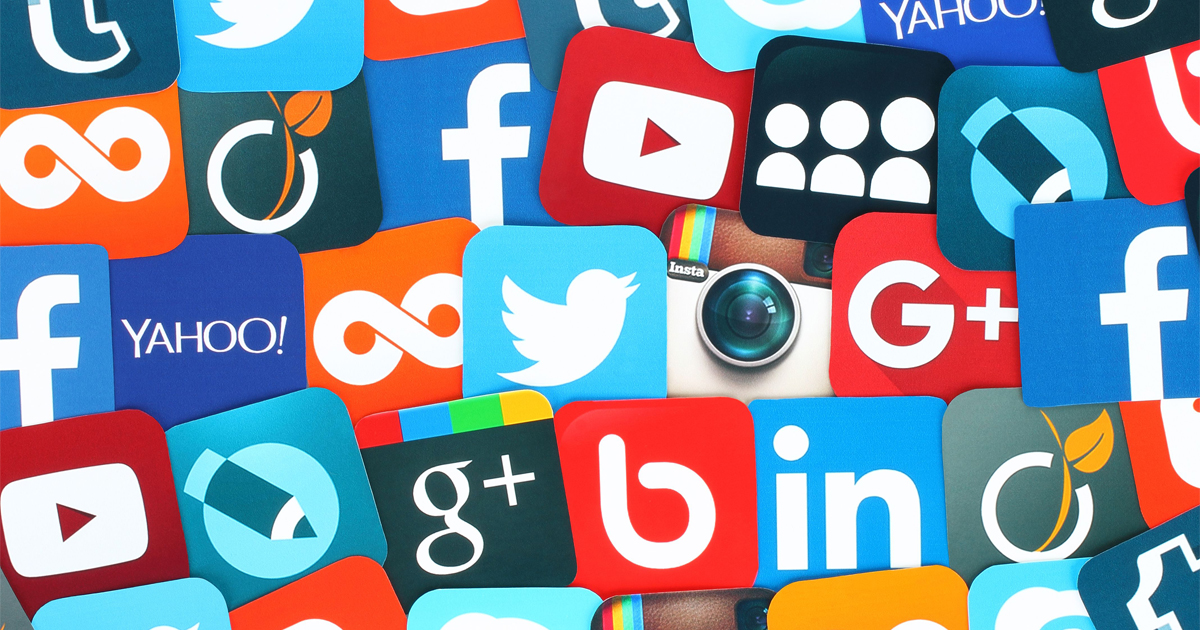Researching Singaporeans’ attitudes to social media hygiene, McAfee has revealed that four in five (79.6%) of Singaporeans own up to being embarrassed by their social media. With social media accounts primed to share memories of university days, we’d rather forget, almost 1 in 5 (19.8%) Singaporeans admit they’ve either never, or can’t remember the last time they checked their timelines – particularly concerning if lax privacy settings mean posts can be seen by a prospective employer.
More than 7 in 10 (76.6%) people have at least one dormant social media account, with 54.3% admitting they’ve not even thought about deleting inactive accounts or giving them a clear out. More than two-fifths (42.2%) of Singaporeans admit to only deleting posts after a crisis and more than a tenth (14.8%) confess to posting negative content about their current workplace.
In general, Singaporeans are concerned with how their digital footprint affects their reputation at work. Of those aged 16-24, 57.2% feel that social media content is important to their career prospects. This sentiment is also echoed by those aged 45-55, as Singaporeans worry about their prospects and job security.
In spite of this, Singaporeans still have a lot of unsavoury content on their current social media channels, which is NSFW (Not Safe For Work). Here are the top 10 NSFW posts Singaporeans are most embarrassed by on their social media:
- Drunken behaviour
- A comment that can be perceived as offensive
- Wearing an embarrassing outfit
- Places or events in which they are identified and are ashamed to have gone
- Wardrobe malfunction
- Kissing someone they shouldn’t have been
- In their underwear
- Swearing
- Exposing themselves on purpose
- Sleeping somewhere they shouldn’t have been [tied with] Being in a fight
16.8% admit they have no idea how to change their privacy settings on social media and more than two-fifths (43.2%%) say they haven’t done anything to change privacy settings despite knowing how to. This is especially important considering that 17.8% know someone whose career or job prospects have been negatively affected by social media content they’ve posted, or been tagged in, and 35.6% even admit they could lose their job over their social media content.
As well as the potential to hurt career prospects, relaxed attitudes to social media could be leaving the door open for cybercriminals. Considering how much personal information and images social media accounts hold, it’s concerning that 11.2% say they don’t know how to close down their inactive accounts and almost a third (29.2%) don’t know the passwords or no longer have access to the email addresses they used to set them up – effectively locking them out.
To address the issue, here is McAfee Head of Southeast Asia Consumer Business Shashwat Khandelwal’s top tips on how to protect your professional image online:
- Give your digital past a clean-up. Make sure your unused social media accounts and unwanted tags in comments and posts are deleted so they don’t come back to haunt your personal or professional life.
- Always set privacy and security settings. Anyone with access to the internet can view your social media if it’s public, so turn your profiles to private in order to have control over who can see your content. This can also give you greater control over what people can tag you in.
- Never reuse passwords. Use unique passwords for each one of your accounts, even if it’s for an account that doesn’t hold a lot of personal information. To help manage all your passwords, look for security software that includes a password manager.
- Think before you post. Prevention is always better than cure, so think twice about whether or not your posts could impact yourself or someone else negatively and whether or not your personal information could be getting into the wrong hands.
- Employ extra protection across all your devices. Comprehensive security software can protect you from several threats such as viruses, identity theft, privacy breaches, and malware designed.
McAfee’s survey on social media hygiene includes 500 adults in Singapore.



![[Review] Be Our Guest to a Night of Enchantment with Disney’s Beauty and the Beast in Singapore This December [Review] Be Our Guest to a Night of Enchantment with Disney’s Beauty and the Beast in Singapore This December - Alvinology](https://media.alvinology.com/uploads/2025/12/Screenshot-2025-12-14-195843-110x110.png)

![[Review] Tim Ho Wan’s Limited Edition East-Meets-West Menu Brings Festive Flavours to Dim Sum [Review] Tim Ho Wan’s Limited Edition East-Meets-West Menu Brings Festive Flavours to Dim Sum - Alvinology](https://media.alvinology.com/uploads/2025/12/6194907278834600928-110x110.jpg)






